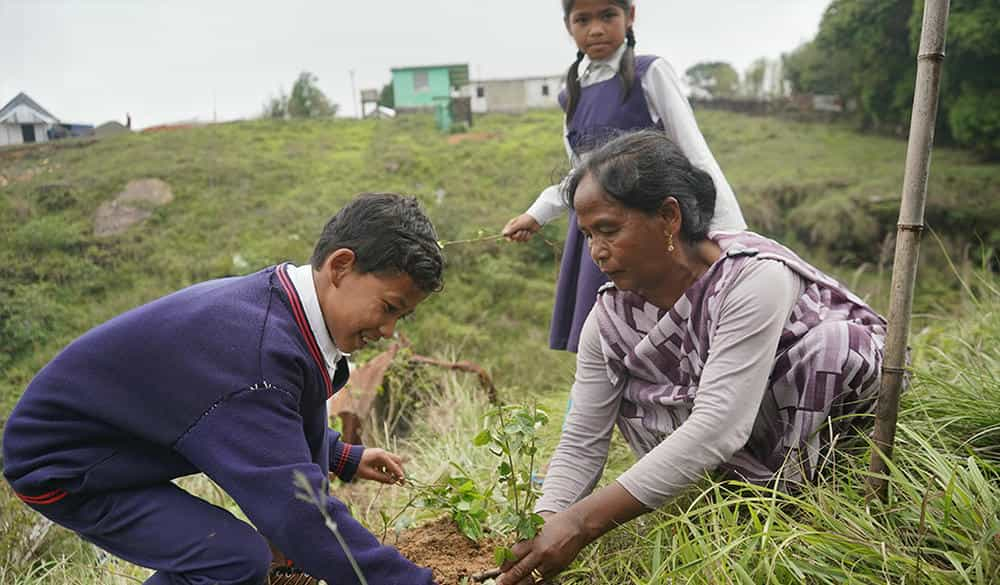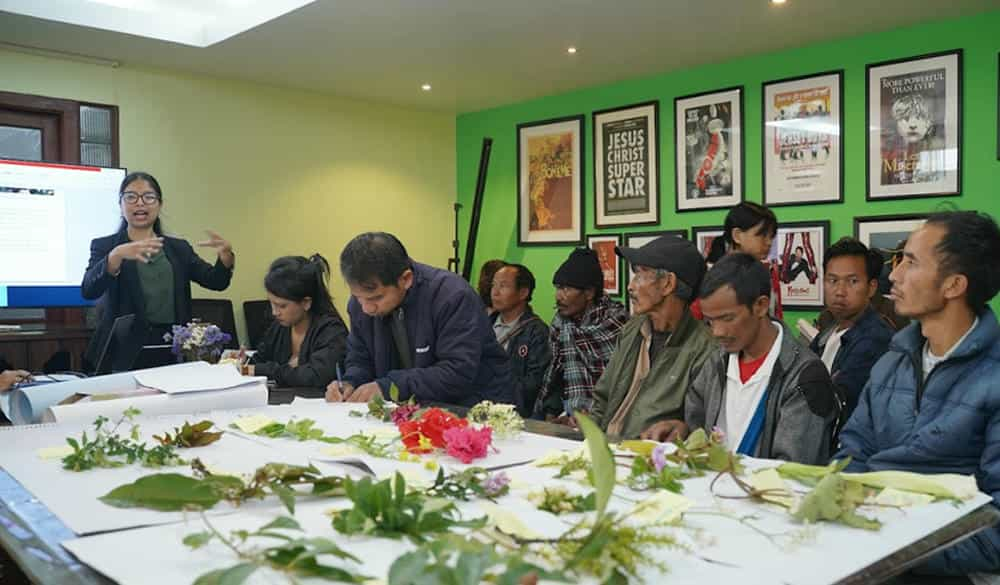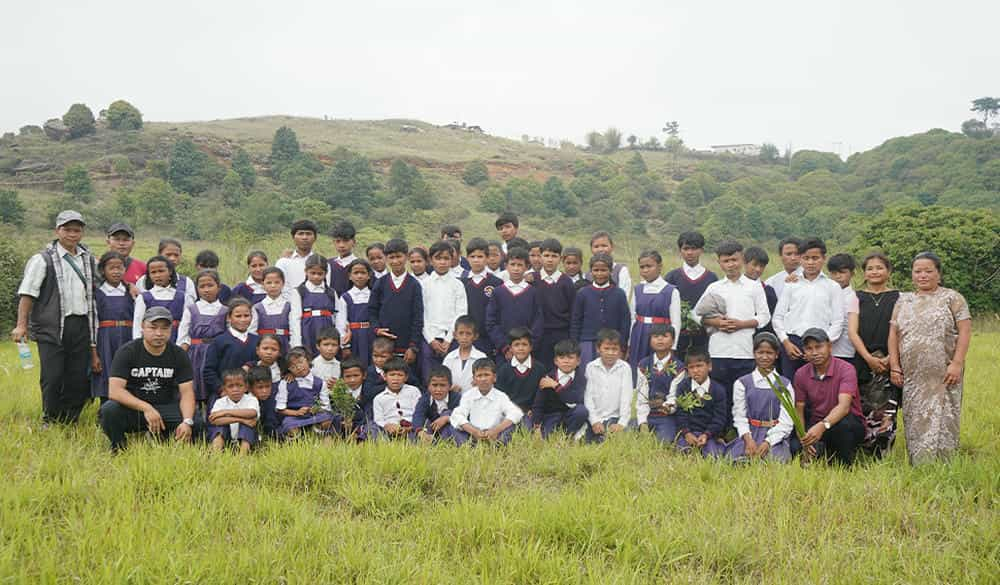Nature’s tiny guardians take centre stage at NESFAS Bee Day events

In celebration of World Bee Day, NESFAS organised a Beekeepers’ Co-Learning Workshop and an Agrobiodiversity Walk on May 19 and 20 in Laitlyndop, East Khasi Hills, highlighting the essential role of bees and traditional ecological knowledge in sustaining biodiversity and livelihoods.
The two-day event forms part of NESFAS’s ongoing initiative—funded by the Indigenous Peoples Assistance Facility (IPAF) of the International Fund for Agricultural Development (UN-IFAD)—that aims to promote community-based food systems to build climate resilience, conserve biodiversity, and improve nutrition and local economies.
Guided by the 2025 World Bee Day theme, “Bee inspired by nature to nourish us all,” the programmes fostered intergenerational learning, knowledge sharing, and celebration of indigenous wisdom.
Beekeepers from 14 communities across Ri-Bhoi and East Khasi Hills districts gathered to exchange insights on hive management, honey processing, and the ecological significance of bees. A honey tasting session allowed participants to appreciate the distinct flavours and textures of honey varieties from different communities.

Bada Shabong, a beekeeper from Nongpriang, thanked NESFAS for bringing together practitioners from across the region. “We are happy to meet fellow beekeepers and exchange valuable insights. I believe this workshop will be beneficial for all of us,” he said, urging continued support to address grassroots challenges.
Gratia E Dkhar, Senior Associate at NESFAS, emphasised the symbolic role of bees in reminding communities to live in harmony with nature. “Each variety of honey tells a story of pollination, biodiversity, and community. Beekeeping is not just a livelihood—it’s an act of stewardship,” she said.
The Agrobiodiversity Walk was led by traditional knowledge holder and beekeeper Welcome Synrem, who introduced students to pollinator-friendly plant species and shared insights into harvesting techniques based on ecological indicators. He also demonstrated different apiary boxes and spoke about the unique relationship between bees and their keepers.

The session included a hands-on sapling collection and planting activity. Students contributed to restoring degraded areas and learned about creating pollinator-friendly habitats near their schools.
NESFAS, through initiatives like TIP and the Indigenous Pollinators Network, continues to support indigenous communities in protecting pollinators, strengthening food sovereignty, and preserving traditional knowledge systems.

These events, beyond marking World Bee Day, have sown the seeds for a stronger network of indigenous beekeepers committed to sustainability, biodiversity, and local resilience.





Leave a Reply